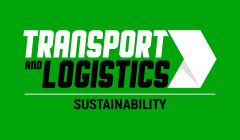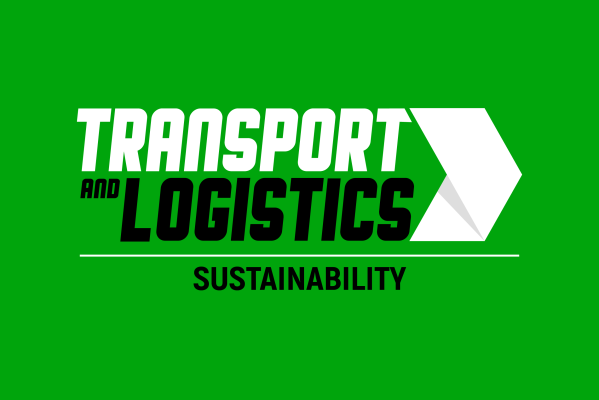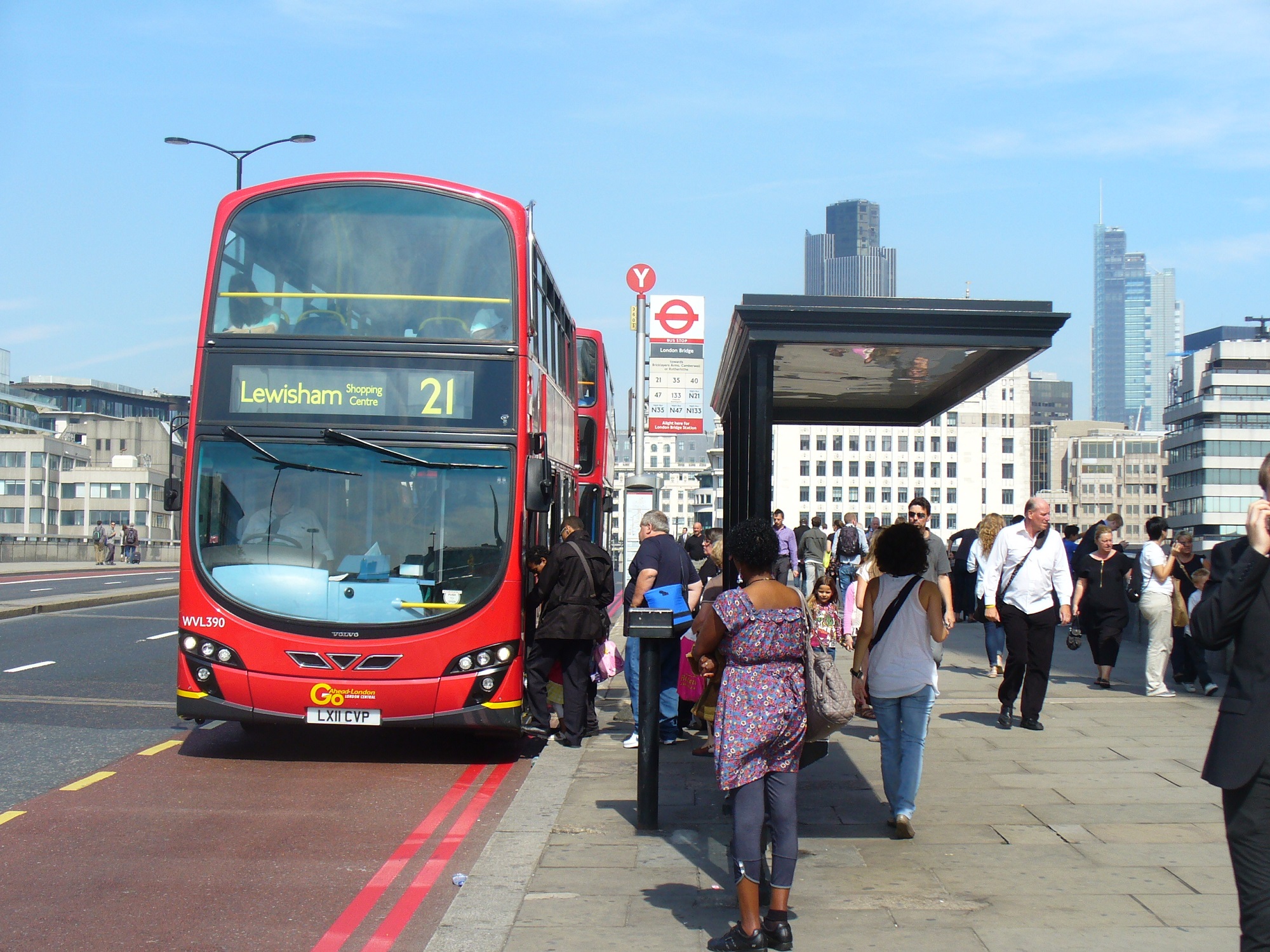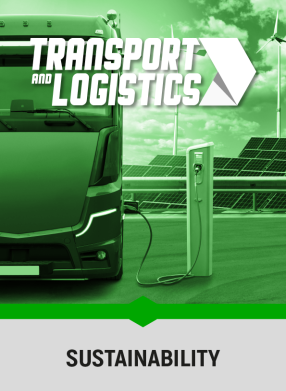With official statistics showing that transport is the most carbon-producing sector in the UK, buses should become free in order to encourage people to ditch their cars and reduce greenhouse has emissions. Figures show that greenhouse gases were down by 3% in 2016, while in 2017 carbon dioxide was also down 3%.
The UK’s carbon emissions have fallen by approximately two thirds since 1990, due to greener electricity production and lower energy usage by households and businesses. However, when it comes to the transport sector the emissions have only fallen by 2% since 1990 and they account now for 27% of the UK’s total greenhouse gas output, bigger than energy supplied, businesses, homes, and agriculture.
Transport pollution comes from road, railways, domestic aviation, shipping, fishing, and aircraft support vehicles, but mostly from road traffic, in particular passenger cars. To tackle this issue, free bus travel is already happening in around 100 towns and cities in countries such as the US, France, Poland, Sweden, Italy, Slovenia, Estonia and Australia.
In order for this to happen in the UK, the public transport system would have to be re-regulated and sources of funding would have to be put in place. “It’s an idea whose time has well and truly arrived. Free bus travel for the under 30s at first, before widening the scheme, would make for more liveable cities and cut damaging greenhouse gas emissions. It would cost around £3 billion a year, but this is a fraction of the money spent on roads,” said Mike Childs, head of research at Friends of the Earth.
Shadow transport secretary Andy McDonald said Labour would provide free bus travel for the under-25s where services are brought under public control, “a big step” towards the recommendation that under-30s should be able to travel free by bus.
“There is no doubt we need greater investment in public transport, so that where feasible, drivers have an alternative to sitting in traffic and contributing to poor air quality and congestion. RAC research shows that six in 10 drivers would use their cars less if public transport was better, something only 11% of those surveyed disagreed with. The key to this must surely be making public transport as attractive as possible by ensuring it is reliable, frequent, convenient, comfortable and affordable. Making bus travel free to certain groups, and possibly to all, may prove to be the carrot that could change behaviour long term,” RAC head of roads policy Nicholas Lyes concluded.












